The green economy: Can entrepreneurship help build climate resilient communities?
In Climate Conversation with: Mike Bowles, AKF’s Regional Co-Director for Programmes & Partnerships in North America who previously led AKF’s work and enterprise portfolio. Climate Conversations is a series of interviews with experts from AKF and its partners, exploring how AKF is tackling pressing climate challenges to help communities build resilience and improve their quality of life.

Transitioning to a green economy is seen as an effective pathway towards addressing climate change, enabling economies to grow sustainably whilst rapidly moving away from the use of fossil fuels. Many countries have already developed green growth strategies to transform their economies. But what exactly is the green economy? What does it look like for the countries and communities most impacted by climate change? How can they also make this transition?
In the first of AKF’s Climate Conversations series, we speak to Mike Bowles – AKF’s Regional Co-Director for Programmes & Partnerships in North America – about AKF’s approach to the green economy, and how AKF is supporting entrepreneurs to green their businesses and build more climate resilient communities. Prior to his current role, Mike was Global Advisor, Work and Enterprise, leading AKF’s green economy work globally.
Thank you for joining us today, Mike! Tell us, what does AKF mean by the green economy?
When discussing climate and economics, we home in on this idea of a green economy, which has varied language and framing. At AKF, our goal is to improve people’s economic and overall well-being, enabling them to invest in health, education, and more. But how can we ensure these efforts create a sustainable future for all? This is where the green economy comes in. For AKF, a green economy is:
- Climate-resilient
- Biodiverse
- Economically inclusive
- Based on low-carbon, resource-efficient, and adaptive practices
Why is transitioning to a green economy important for communities in the Global South, particularly in the regions where AKF works?
We know that those most impacted by climate change are not those most responsible for it; their contribution to underlying drivers of climate change is minimal. Amongst the communities we work with, for example in mountainous Central Asia, coastal East Africa, or in the arid areas of Syria and Egypt, changes in weather patterns, temperatures, and the availability of water are devastating.
For these communities, rapidly transitioning to a green economy is challenging – but vital for adapting to climate change. With a strong reliance on natural resources, it’s crucial that they grow incomes without compromising nature’s ability to sustain them. Supporting this transition within a green economy ultimately benefits everyone, everywhere. The support we provide through Accelerate Prosperity, for example, builds climate resilience whilst also contributing towards both adaptation and mitigation in ways that create jobs, products and services for a green economy.
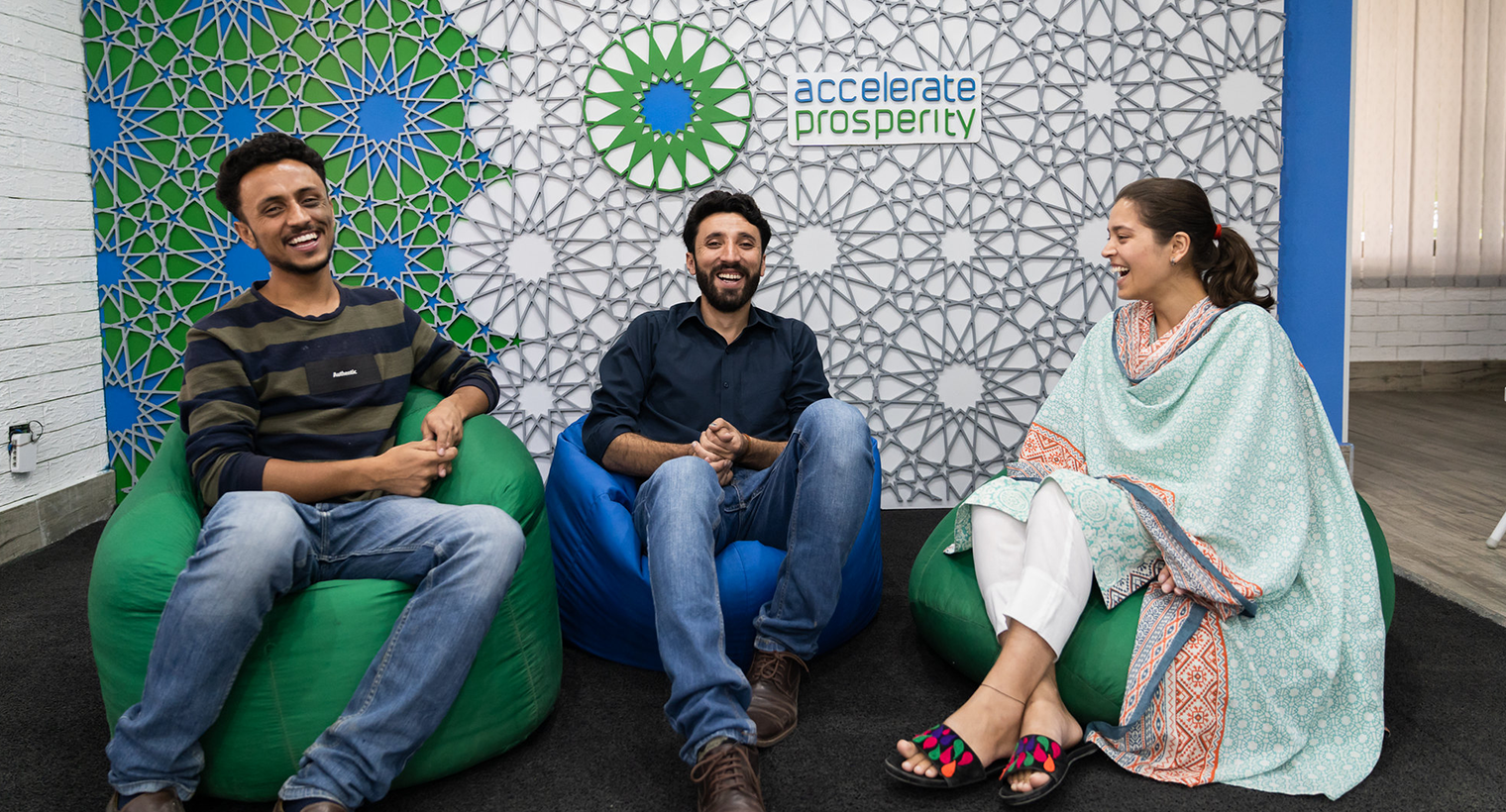
Accelerate Prosperity inspires rising entrepreneurs in Central and South Asia to grow new markets, create sustainable employment and strengthen communities | Photo: AKF / Christopher Wilton-Steer
What does the green economy look like at the local level, amongst the communities you work with?
At the local level, the green economy must be approached sector by sector with realistic, locally relevant solutions. Ideas requiring massive investments simply aren’t practical. That’s why we start small, working with communities to explore what sustainability means for their current businesses or new enterprises, and identifying sustainability opportunities. This includes examining waste disposal, sourcing inputs, and identifying less harmful and locally sourced products and services.
In AKF’s Future of Work programming, we focus on creating inclusive employment for youth and women in the green and digital economies. Through the Youth Entrepreneurship and Employable Skills (YES) initiative, currently implemented in Tajikistan and the Kyrgyz Republic but with plans to expand, we help young people discover where the growing, well-paid jobs are now and in the future – a rapidly changing landscape even at the local level.
A great example is Rayan Resorts, founded by Islambek Ibragimov in the Kyrgyz Republic and supported by Accelerate Prosperity. Determined to prioritise sustainability, Islambek built a micro-hydro power unit for his resort and implemented other eco-friendly practices. Today, Rayan Resorts is a model for sustainable tourism in the country, committed to reducing plastic, fuel, and water usage, and even introducing an electric airport shuttle.
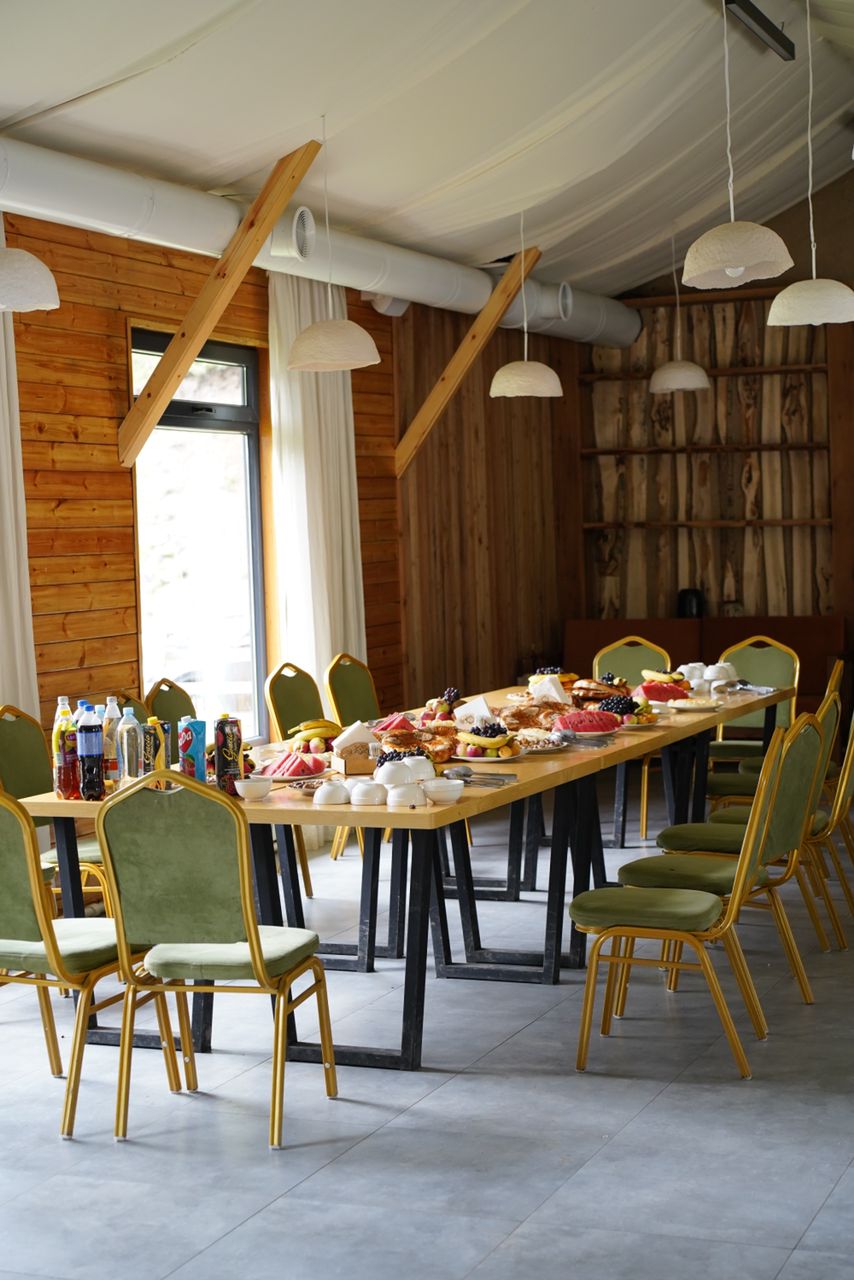
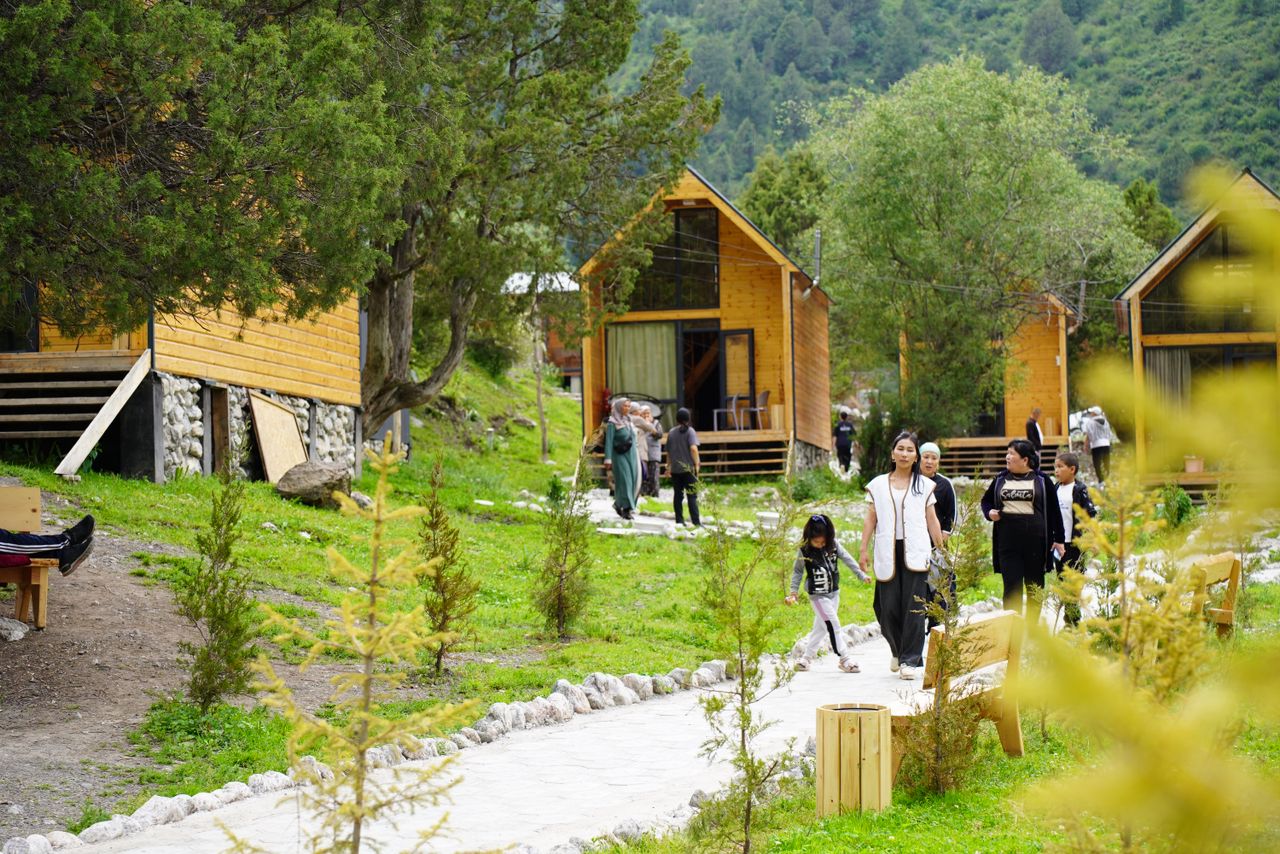
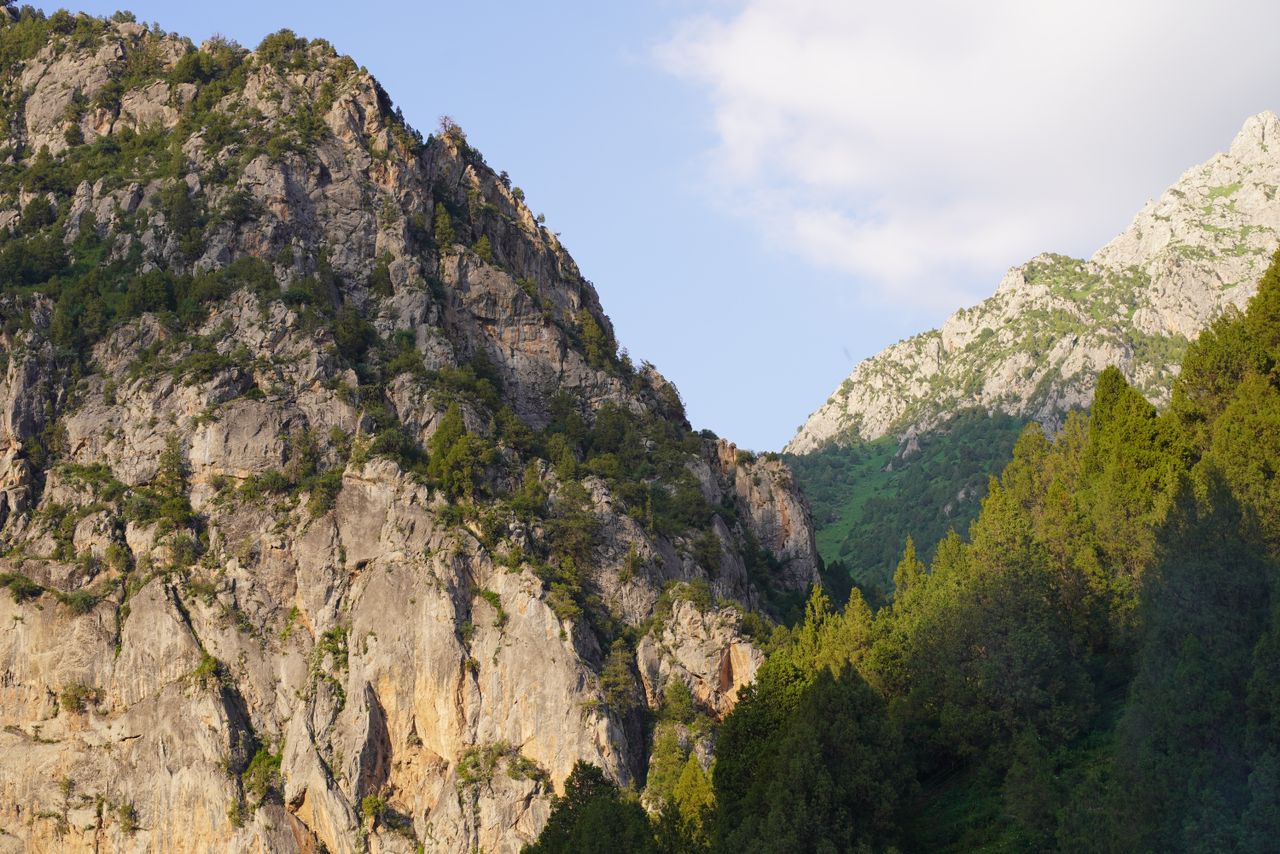
How can we address the challenge of financing the green economy at the community level?
Tackling this challenge requires multiple approaches. First, we must make available resources more catalytic to maximise their impact. Currently, most funding for green transitions comes as loans, often with conditions that are unworkable for countries needing them most – even concessional loans with generous terms are often unviable.
"We start small, working with communities to explore what sustainability means for their current businesses or new enterprises, and identifying sustainability opportunities."
Having funds available doesn’t guarantee entrepreneurs can utilise them. Entrepreneurs need the capacity and market linkages to effectively use funding to grow green businesses. This is where blended financing (combining public and private funding) paired with technical assistance, such as business accelerators, can make a difference.
Accelerate Prosperity combines low-cost capital with tailored technical support to ensure financing is accessible, practical, and impactful. It’s not just about offering funds, but finding the right types of financing with the necessary support to meet local needs.
How can we address the need for increased technical knowledge and skills to support the transition to a green economy?
Significant training, education, and awareness around climate change and the green economy is essential in addressing the knowledge and skills gap around the green economy; at AKF we are integrating these priorities into our programmes.
For instance, the YES programme will soon include a green competencies framework, outlining the skills, knowledge, values, and attitudes young people need to thrive in a green economy. We’ve also engaged educators and experts, including at the recent Schools2030 Global Forum in Bishkek, to gather insights that will shape future green economy programming for youth and green start-ups.
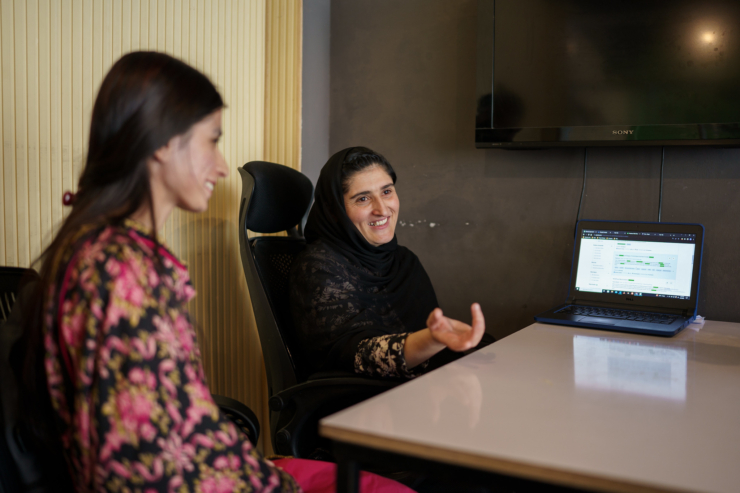
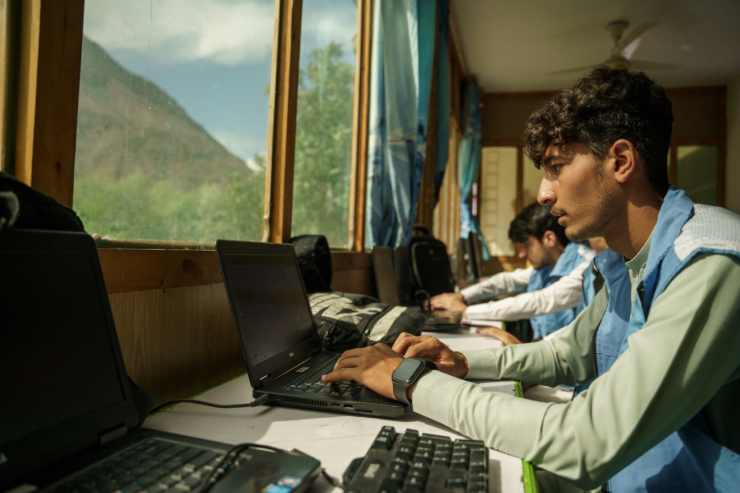
Accelerate Prosperity has set a target for half of its portfolio to be green by 2030. Achieving this requires strengthening expertise at all levels. We’re enhancing community and staff capacities by training and certifying investment officers in sustainability practices, ensuring they can guide businesses effectively through the green transition.
“We introduced early-stage support and incubation programmes specifically targeting women, enabling young women entrepreneurs to enter and succeed in these fields.”
How is AKF supporting an inclusive green economy that is accessible and equitable, particularly in addressing gender inequalities?
This question reminds me of the early days of Accelerate Prosperity. Our initial green economy business cohorts were heavily male-dominated – less than 10% of participants were women. This was largely because the focus was on typically male-dominated sectors like energy efficiency and construction. We realised that without deliberate action, we couldn’t achieve both our green and gender targets.
To address this, we first committed to ensuring at least 40% of our investees would be female entrepreneurs. Next, we broadened our understanding of the green economy to include sectors where women could be more involved. We developed a framework to map what green enterprise could look like across different sectors and identified opportunities to better engage women, even in traditionally male-dominated industries.
We introduced early-stage support and incubation programmes specifically targeting women, enabling young women entrepreneurs to enter and succeed in these fields. This approach saw positive results in countries like Pakistan and Kyrgyz Republic.
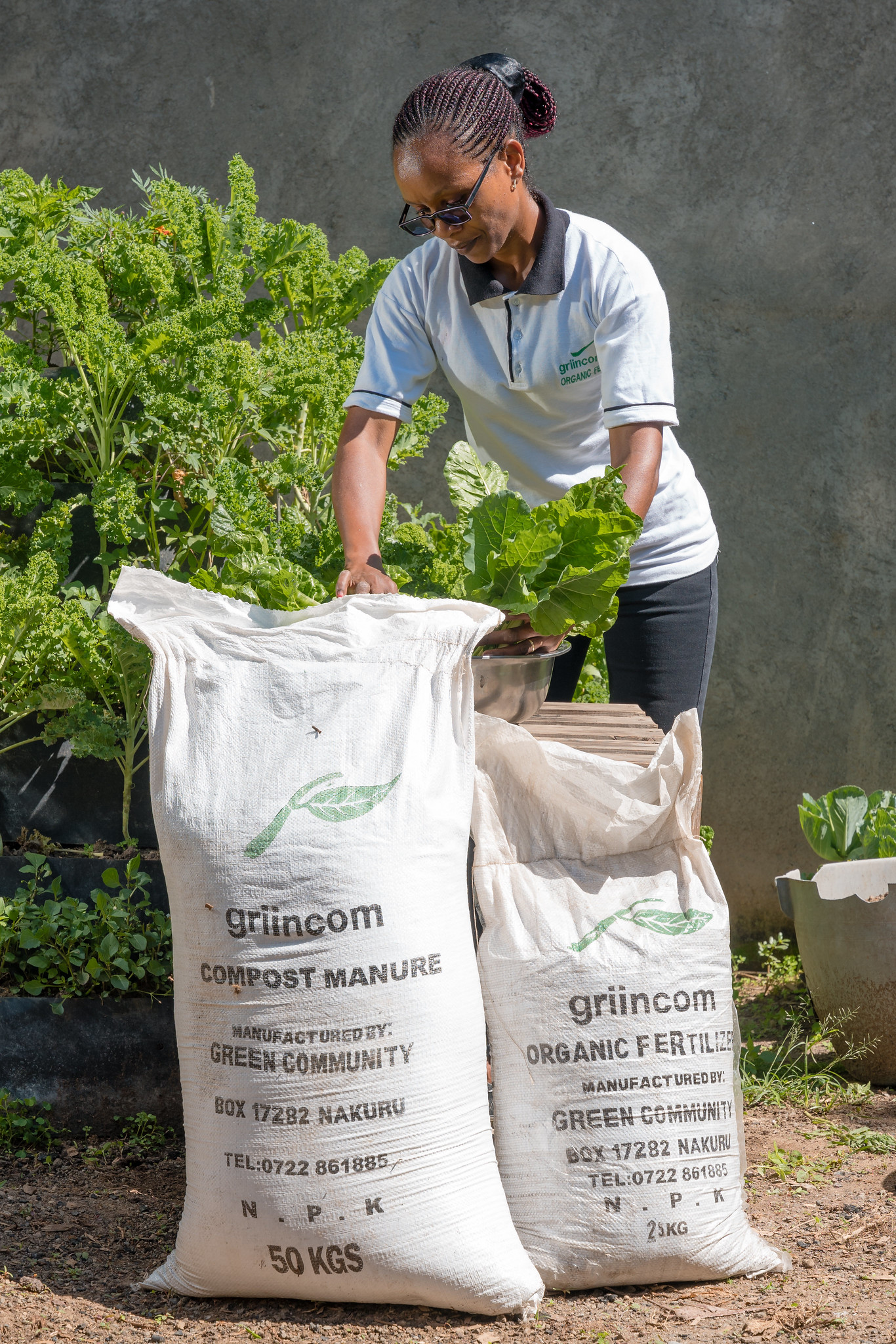
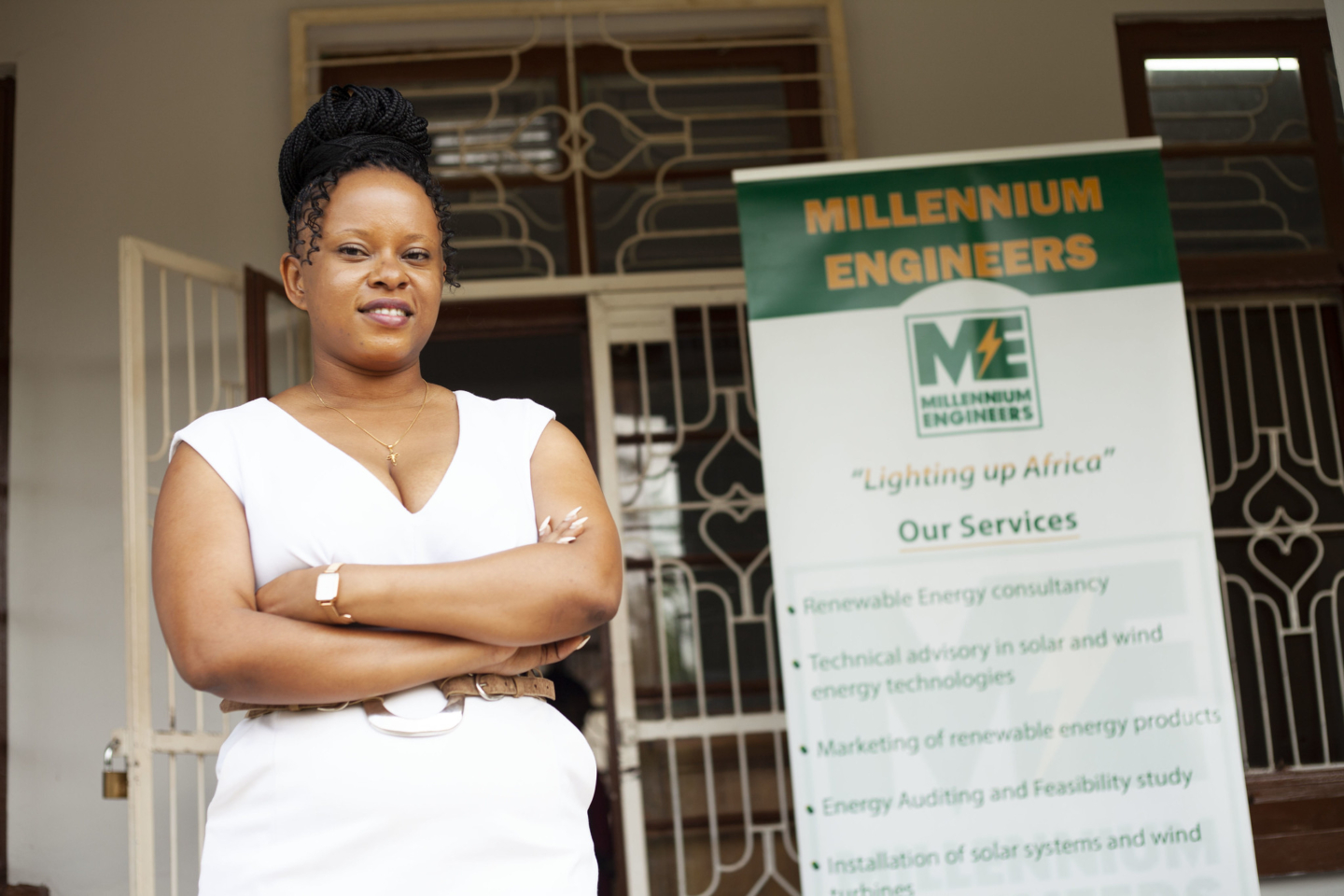
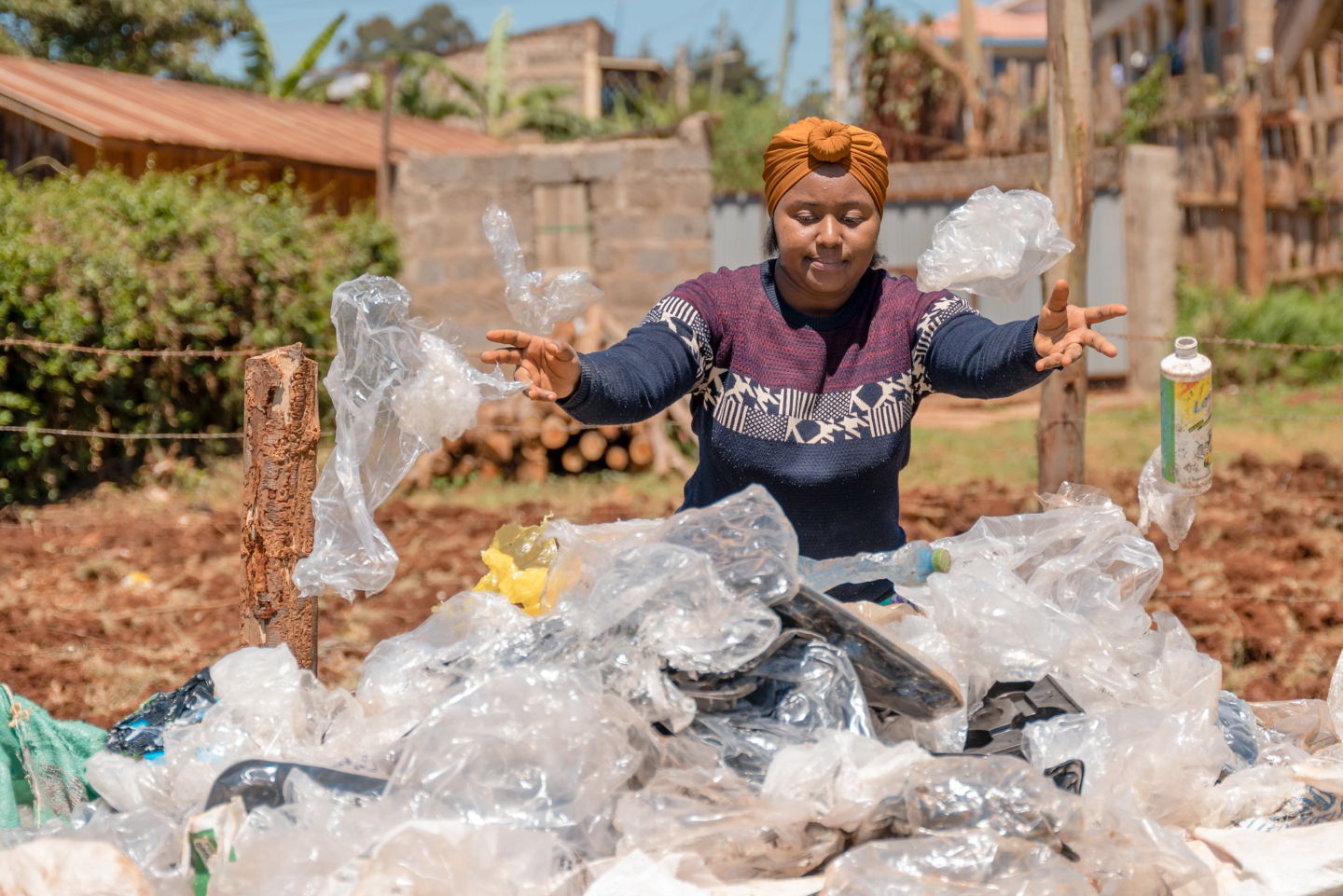
Building on this, in 2023 we launched the Accelerating Women Climate Entrepreneurs (AWCE) initiative in East Africa. This initiative included practical support like childcare to enable participation in training programmes and personalised business advisory. These efforts have helped make the green economy more inclusive and accessible, fostering opportunities for women to lead and thrive.
How is AKF collaborating with governments to support the transition to green economies?
AKF aligns its programmes with government strategies, ensuring they contribute to national green transition goals. In the countries we work in, governments are highly supportive of our green business initiatives, enterprise acceleration programmes, and efforts to create youth employment opportunities.
On the policy front, AKF is valued for its deep understanding of the challenges faced by individuals, entrepreneurs, and communities in this space. We are frequently consulted by policymakers and other actors for insights, as our close work with entrepreneurs gives us a clear view of the barriers they face. By sharing our on-the-ground learnings, we help shape more effective policies.
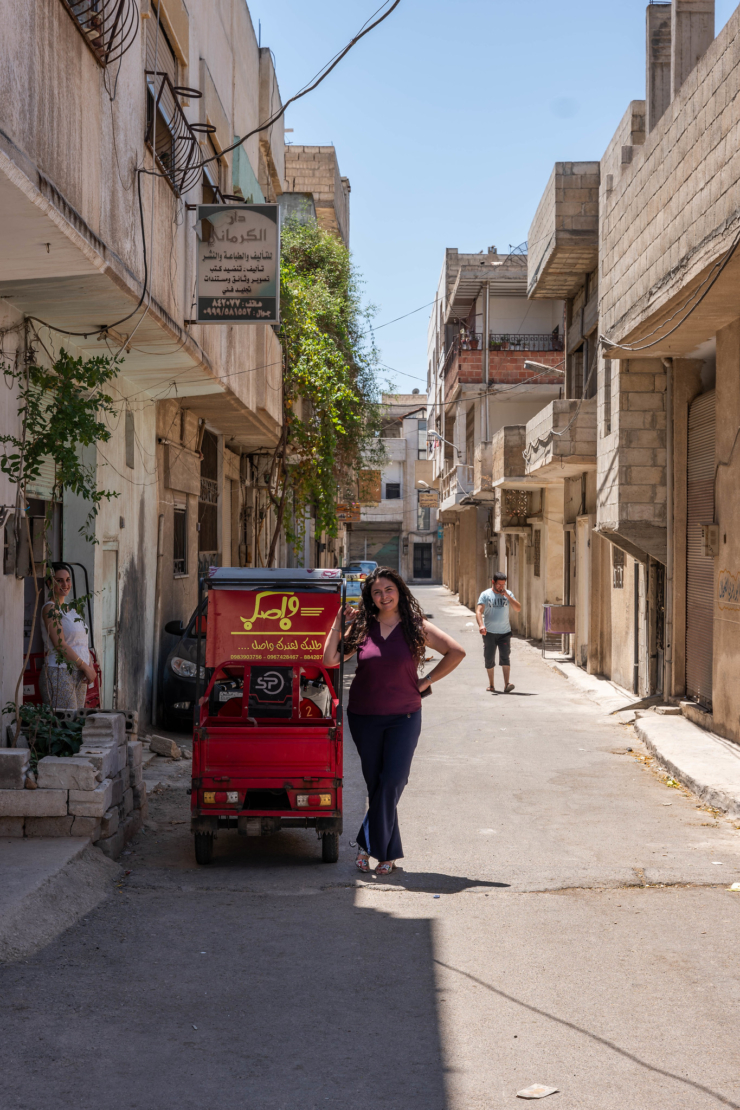
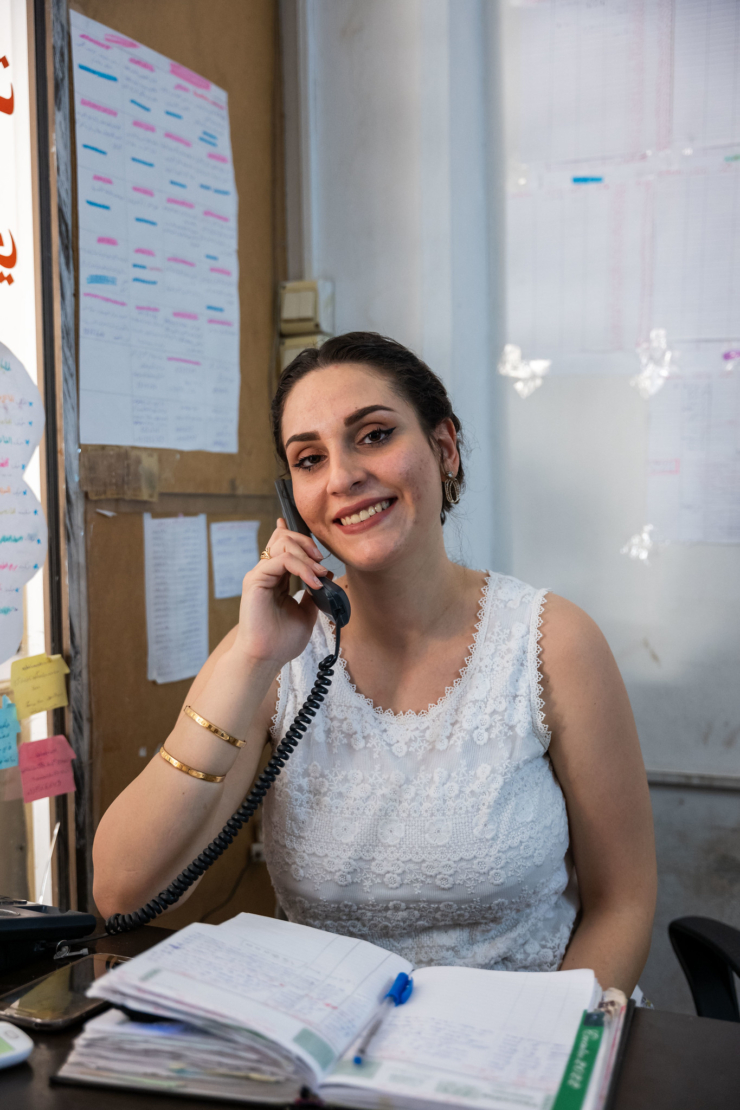
Finally, how do you know AKF is making a difference? How does AKF measure progress towards the green economy?
Measuring progress is essential, but it raises questions: What defines a green enterprise? How do we classify a green job? These are points we’ve been addressing to refine how we track progress.
Effective measurement must be pragmatic, transferable across countries, and standardised. It also requires tools, clear guidance, and training to ensure usability. With these principles, we’ve developed a green business assessment tool that examines enterprises across four categories: brown, traditional, greening, and green. This continuum allows us to assess key aspects of a business model, such as inputs, processes, operations, and products, focusing on their use of materials, water, and energy. This tool has been extensively piloted and is now being rolled out.
"By focusing on the transitioning phase, we ensure we’re not only supporting fully green businesses but also helping traditional ones move toward sustainability."
In developing this framework, we drew on global best practices but found a gap in addressing businesses in transition. For many enterprises we work with, being green isn’t part of their current mission or model. However, helping these businesses adopt cleaner, more resource-efficient practices can have a significant impact. That’s why our tools include transitional or ‘greening’ businesses, enabling us to measure their progress while identifying where additional support is needed.
By focusing on this transitioning phase, we ensure we’re not only supporting fully green businesses but also helping traditional ones move toward sustainability. This approach maximises our impact and gives us a clearer picture of progress toward a green economy.
Learn more about Climate Resilience and Work and Enterprise at AKF.
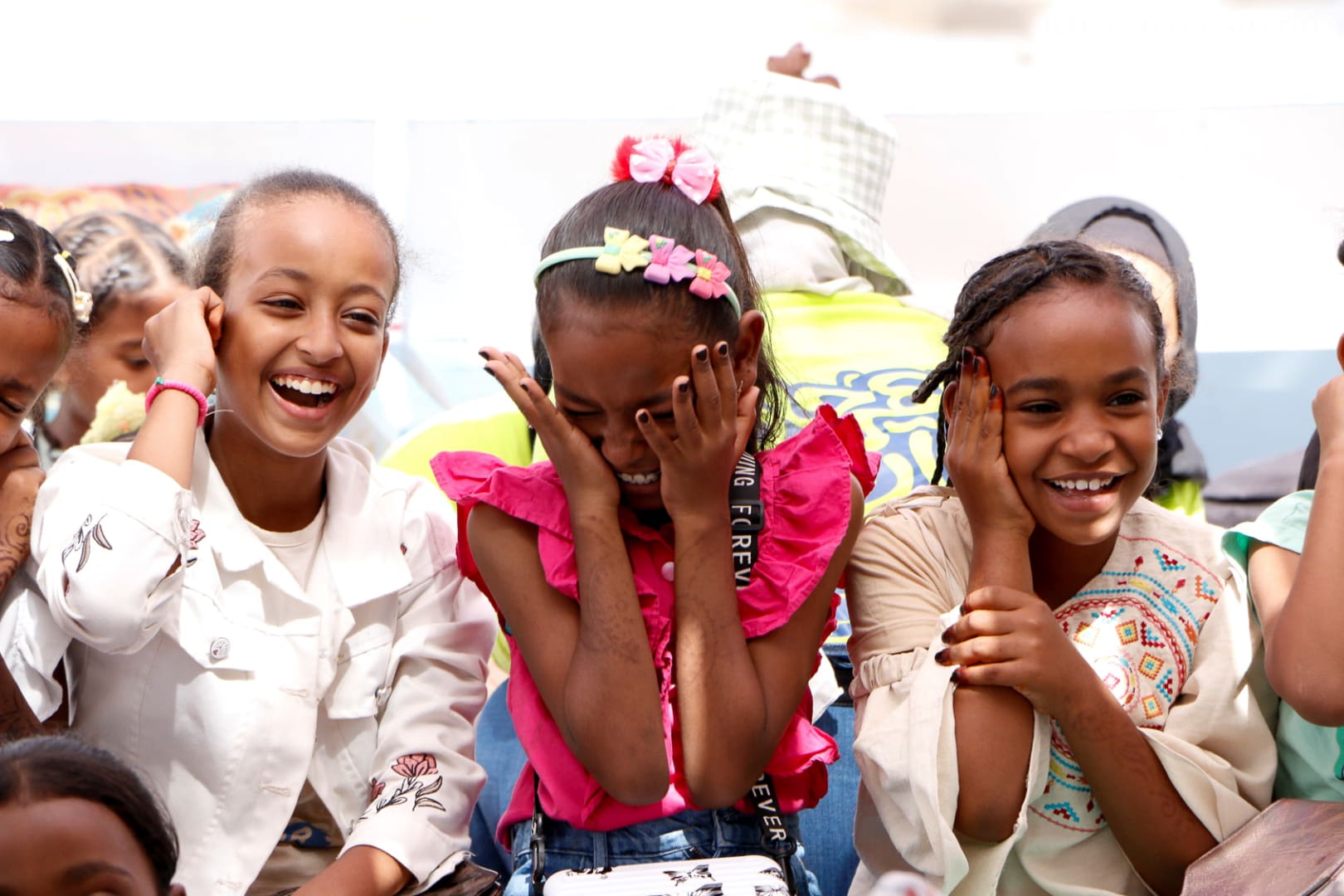
Support our work Your donations are helping us build a future where we all thrive together.